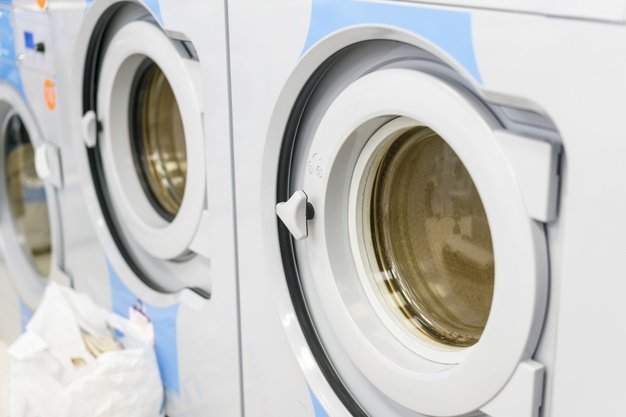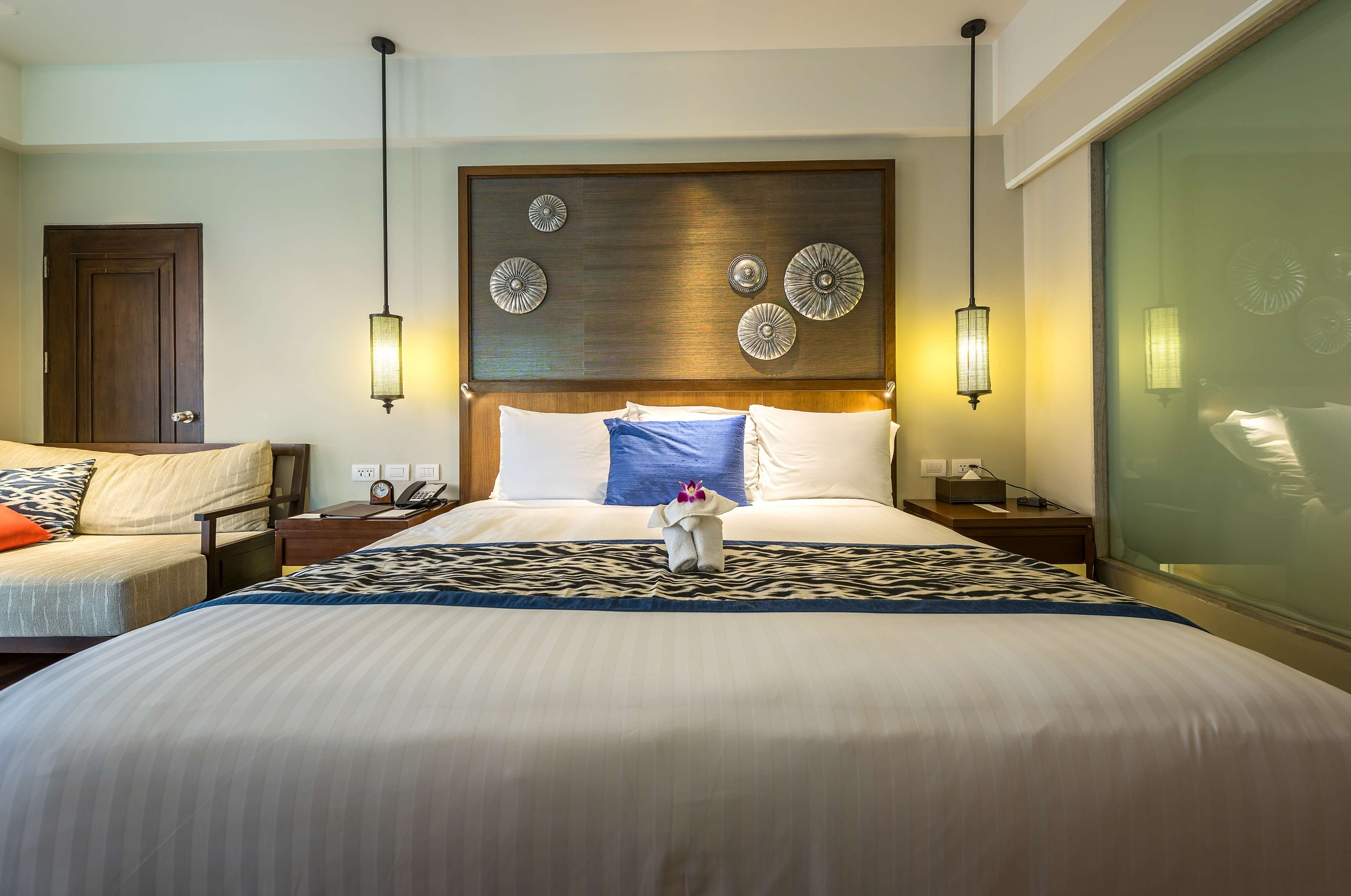Not all washing machines are the same. They may all look identical but no two machines are equal in terms of capabilities, features, price, and suitability for your needs. In this article, you will know how to choose a washing machine.
When looking for a washing machine, it really pays to do your homework. From machine type to efficiency, make sure you have in-depth information about a prospective machine before buying one.
Basic things to know when buying a washing machine
For you to buy the right clothes washer, you first have to know your needs. Advance planning is crucial as it can help you choose a unit that is responsive to your requirements. Of course, you don’t want to spend on an ‘over-sized’ machine. Or, you also don’t want to buy one that isn’t able to meet your laundry needs.
Some of the essential questions to ask: How frequently you do the laundry, how dirty your clothes are, how many users are there, and what type of washing you prefer? Other considerations to look into including your space availability, energy efficiency, and preferred features.
To help you better choose the right washer and dryer; let’s check out some of the most basic considerations.
Capacity
How many will use the unit? What is the average volume of clothes needs to be washed in a day or week? Will draperies, linens, bedsheets, or comforters be cleaned in the washer?
The capacity of a clothes washer refers to the size of the washtub. It ranges from 1 cubic foot to 6 cubic feet. To give you an idea, a 5-cubic feet washer is capable of washing up to 30 bath towels of regular thickness and size. So, if you are likely to accumulate this amount of dirty clothes, then you should get a unit with a capacity no smaller than 5-cubic feet. On the other hand, if you hardly have any clothes to wash, you can opt for the smaller units.
Furthermore, if you expect to wash large items frequently, then you should opt for large-capacity washers. Take note that the size of a washing machine doesn’t define its energy requirements. Likewise, larger units don’t automatically mean they have the best features, spin speed, wash cycles, and capabilities.
Efficiency
An average American household washes about 300 loads of laundry every year. This household chore comprises a large portion of our energy and water bills. Hence, energy efficiency should be among your top concerns when choosing a clothes washer.
Make sure to check the average power and water consumption of a unit. Check if it is ENERGY STAR certified and is compliant with the Consortium for Energy Efficiency (CEE). These two proofs guarantee that your clothes washer consumes less water and energy costs. All major brands sell units, both top- and front-load types, which bear this rating.
Available space
According to a repair technician from Tampaappliancerepair.services, improper installation due to lack of space is a major cause of washing machine troubles. So, when choosing a washing machine, space availability should be considered.
There has to be enough room for the units to open the doors completely. If you have limited space, there are combination washer/dryer and stackable models available. Front-load units require adequate clearance both in front (to allow the doors to open fully) and at the back (for the external fittings, hoses, and drain).
It is best to measure the floor area of the location before visiting the appliance store. But don’t worry as there are plenty of washing machine models (of varying dimensions) available to you.
Cleaning requirements
Every household or individual user has a unique cleaning challenge or laundry habits. Some prefer to get their clothes cleaned up perfectly. Meanwhile, others just want quick cycles so they can get on with other tasks.
Fortunately, washing machines nowadays come with a range of wash cycles and features designed to meet unique washing requirements and conditions. Aside from the generic cycle, there are units with delicate cycle intended for fabrics or specialized clothes. Some machines are even equipped with steam cleaning. Be sure to read about the unit’s features to know if they fit your needs.
Noise
Washing machines, especially the large ones, are major noise contributors. If your washing machine is located nearby the sleeping area or the living room, you want to get a quiet unit.
Be sure to check if the unit has sound dampening features such as additional insulation, vibration reduction, or improved suspension. Normally, high-speed units will come equipped with these features as they produce the most noise.
Once you’ve decided on all these basic points, you can confidently walk to the appliance store to look for an appropriate unit for your home. Of course, you still have to decide on other considerations like your budget, the color of the unit, the material used by the unit, the brand, etc.
Read Also:






















